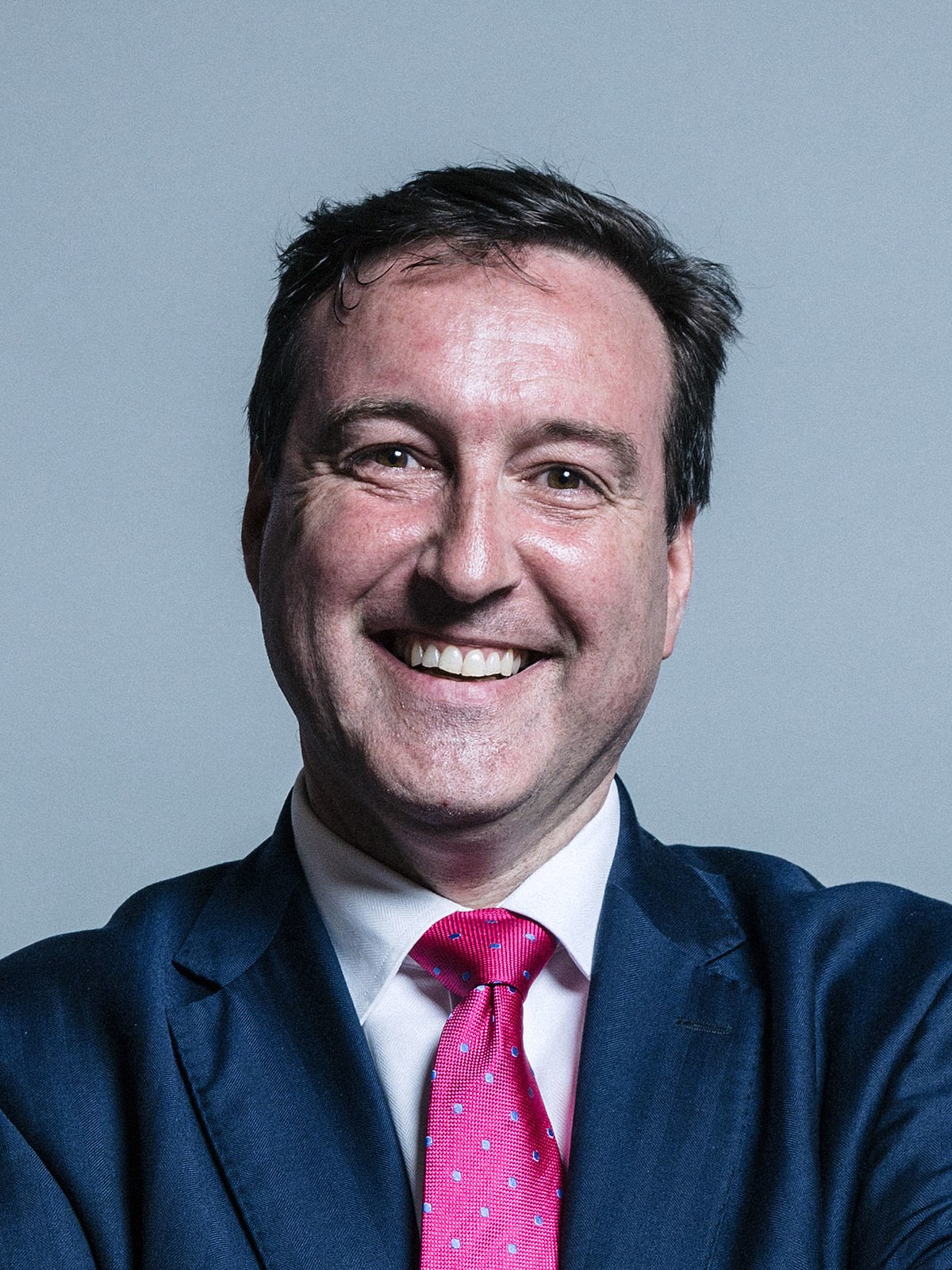The speech made by Christian Matheson, the Labour MP for the City of Chester, in the House of Commons on 31 March 2022.
A couple of weeks ago, I attended with constituents the service at St Paul’s Cathedral that was organised by the cathedral, Sir Lloyd Dorfman and others to remember those who have died from coronavirus. Indeed, earlier today in business questions we heard from my hon. Friend the Member for Vauxhall (Florence Eshalomi) about the very striking memorial wall in her constituency along the banks of the Thames by St Thomas’s Hospital.
I am really grateful to the Backbench Business Committee and the hon. Member for Oxford West and Abingdon (Layla Moran) for enabling us to remind ourselves of all the other victims of covid who are, in a sense, the lucky ones who have survived but who still need our attention. I declare an interest in that a member of my immediate family suffers from long covid. If the House will bear with me, I will not actually identify who it is. For 18 months, that member of my family has not really been able to get out of bed. In terms of work, they were doing well. They are young. Their career was progressing. They were being extremely well rated at work. Almost overnight, that came to a crashing halt.
At first, when you suffer from covid, as I did at the same time as my family member, you hope and believe that although it is going to be awful and unpleasant, if you get through it, life will carry on. Then long covid starts to emerge and you do not get any better. I got better and my family member did not. It involved all the symptoms that my hon. Friend the Member for Oldham East and Saddleworth (Debbie Abrahams) described—huge tiredness, brain fog and aching limbs. At the time, the best source of advice that was available, and the best source of support, was my hon. Friend the Member for Denton and Reddish (Andrew Gwynne). There was nothing really available. People had not come to terms with the condition and with identifying what its causes were. I pay tribute to and thank him for his work and his support to my family.
The employers of my family member were excellent, and still are. They have not been able to continue paying, but as far as they are concerned my family member is still on their books. They value the contribution that my family member has made—again, I am sorry to talk vaguely but I do not want to identify the person—and have said, “When you’re ready to come back, we’re ready to have you.” That is the kind of employment practice that we are looking for.
To echo my hon. Friend the Member for North Tyneside (Mary Glindon), another member of my family has had to give up their job in order to be the carer. What we are looking for is some kind of hope—something to cling on to and to demonstrate progress. There has been progress. I welcome the Government’s investment of £18 million and the growing recognition of the post-viral chronic fatigue syndrome caused by coronavirus. Whenever there is a new light on this, even in scientific papers that I would not normally understand, we devour them to try to find an explanation, a cause, a hope of a cure or a treatment that will get us and my family member through this. Is it caused by scarring on the lungs? Is it caused by microclots? Is it caused by activating postural orthostatic tachycardia syndrome, which also bears some kind of relation to what is going on? The truth is that it could be any one of those in any number of individuals, but the absolute fatigue is the same.
I remember my hon. Friend the Member for Denton and Reddish advising me, “If you’re feeling good, don’t do too much—don’t exert yourself.” I passed that advice on. It is also about the mental effect. When you are having a good day, you do not want to exert yourself because then you might be knocked out for the next three days, so that forces you to withdraw into yourself and not want to go out. You cannot even walk down to the shops or to the park because you are so terrified that you might then not make it through the next three days. It is about the hope and desire and almost desperation that when you have a good day and it is followed by another good day and then perhaps another, is this the beginning of the end, or even the end of the beginning? For so many, including my family member, it has not been that.
I would ask for the same consideration that has been given to my family member to be given to others—for employers to recognise that the Government have recognised this as an issue and the medical establishment has recognised it as an issue. Employers need to treat their employees who have this illness as also being victims of the pandemic, because nobody has chosen to have it. My message to those, including constituents, who still persist in saying that covid-19 is nothing—that it is just like a cold or the flu—would be something along the lines of, “Get stuffed.” There are 140,000 names on the wall outside St Thomas’s, and there are maybe a couple of hundred thousand others who are still suffering today and are desperate to get over this terrible long-term affliction and have some hope of a better life to come. I am most grateful for this debate, and most grateful, again, to my hon. Friend the Member for Denton and Reddish for the support he has given to my family.
